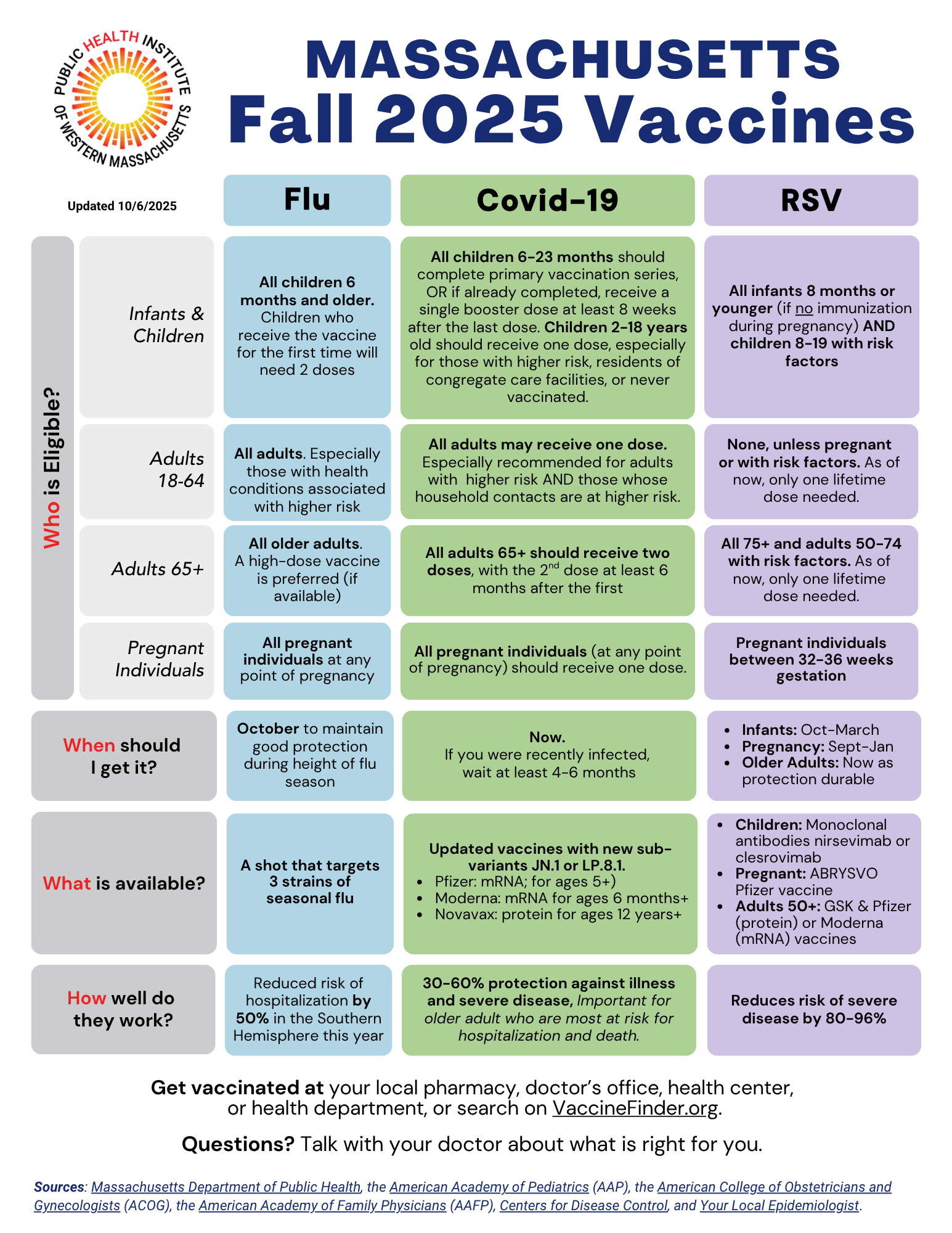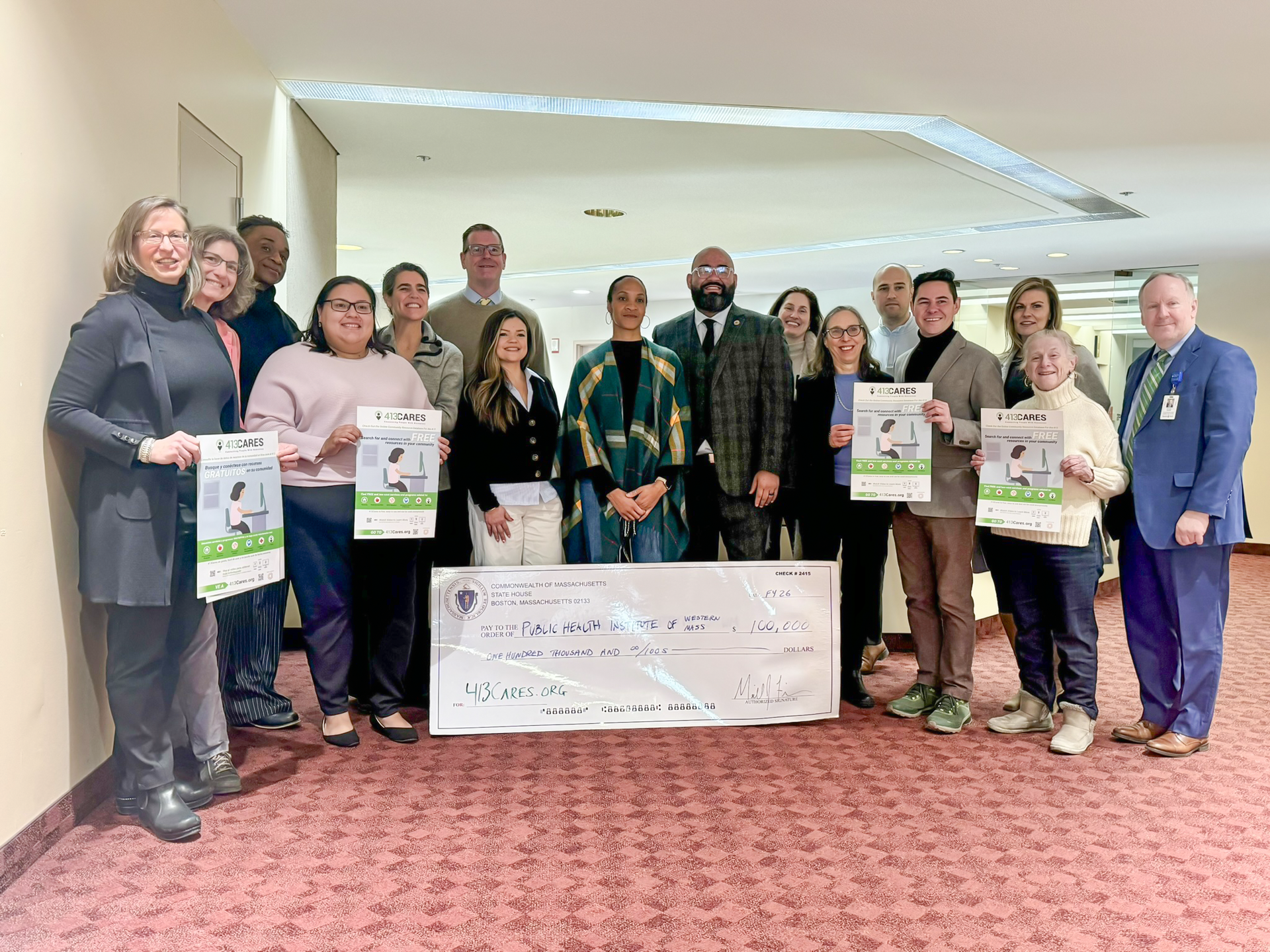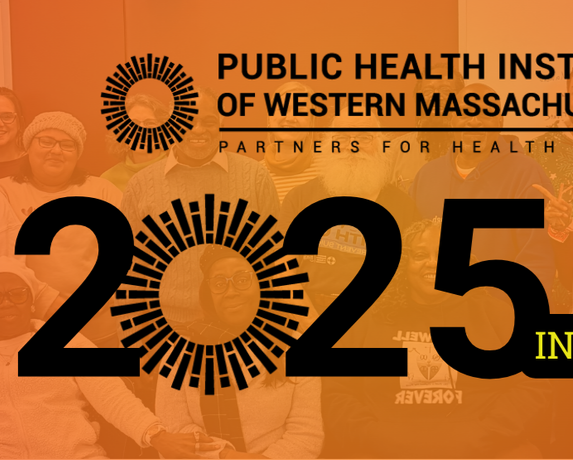Fall 2025 Respiratory Virus Information
Get information about current vaccine recommendations and answers to common questions
Vaccines help keep you and your family healthy. When children receive all recommended immunizations on time, our whole community benefits. High vaccination rates help create community immunity, protecting everyone.
With ongoing national conversations about vaccines, you may have questions. In Massachusetts, COVID-19 vaccines are available to ages 6 months and older and are covered by health insurance. Flu and RSV vaccine recommendations remain the same as last year. For more information, see chart below for who is eligible for vaccines to protect you from seasonal respiratory illnesses. We have also compiled answers to common questions to help clarify what to expect this season. If you have other questions about seasonal viruses and vaccines, you can submit them here.
Vaccine Recommendations for the 2025-2026 Respiratory Virus Season

Frequently Asked Questions
What viruses are going around right now?
The late summer COVID-19 wave has peaked in the Northeast and cases and hospitalizations are declining. This winter season, experts across CDC and the Center for Forecasting and Outbreak Analytics predict a similar number of hospitalizations due to COVID-19, influenza, and RSV compared to last season year. The winter COVID-19 wave is expected to begin in late November. Flu and RSV seasons are just starting nationally. Increased RSV activity has started in the South, which then moves up into the northern parts of the country as the season progresses. Now is a great time to get your vaccine and boost your immune system’s defense when the RSV and Flu waves hit MA. Good hand washing, masking, and staying home help prevent the spread of germs.
Have vaccine recommendations changed?
The MA Department of Public Health 2025–2026 COVID-19 vaccine recommendations align with those of the Northeast Public Health Collaborative and leading physician professional organizations, including the American Academy of Pediatrics (AAP), the American College of Obstetricians and Gynecologists (ACOG), and the American Academy of Family Physicians (AAFP). In Massachusetts, free COVID-19 vaccines are available to ages 6 months and older. Flu and RSV vaccine recommendations remain the same as last year. See chart above for who is eligible for vaccines. For parents and caregivers, find more information about routine childhood vaccines.
Will I have to pay out of pocket for vaccines?
No. Massachusetts insurance plans will be required to cover all recommended vaccines by the MA Department of Public Health, regardless of federal policy changes.
Where can I get a vaccine?
Massachusetts residents can get most vaccines at their local pharmacy, doctors’ office, health center, or through their local health department. You can search for a pharmacy near you on VaccineFinder.org, but be sure to call ahead to make sure they have vaccines in stock. For children under 5 years old, contact your pediatrician’s office.
How do vaccines help?
Vaccines teach our immune system how to fight against a specific virus. Just like our digital devices perform better after we’ve updated the software, our immune systems work more effectively in response to vaccines. When we prepare children’s immune systems to detect and resist a virus, it protects them and the entire network of people they come into contact with. Vaccines are one of the greatest medical advances in history. Thanks to widespread immunization, we have eradicated or controlled many diseases that once caused pain, suffering, and even death for countless numbers of children—from smallpox to polio to tetanus and the measles. The younger generations may not even be familiar with these diseases because vaccines have prevented outbreaks and impacts on their lives.
Do we really need a vaccine every year?
It’s only recommended to get regular vaccines for viruses that mutate or change frequently, like Flu and COVID-19. Different strains of flu dominate each year and COVID-19 variants change over time. Updated vaccines provide protection against these changes. As Your Local Epidemiology explains: “Immunity has two layers: short-term antibodies and long-term memory cells (T cells). Covid-19 antibodies fade within about 4 months, so without a recent vaccine (or infection), you’re more likely to get infected and more likely to spread it to others. Memory cells last longer and help prevent severe illness—this doesn’t seem to fade for healthy or young individuals, but not everyone’s immune system holds onto that protection equally well. That’s why high-risk groups are prioritized for ongoing COVID vaccinations, like pregnant women, children under 2, adults over 65, and those with chronic conditions.”
What about safety and adverse reactions to the COVID-19 vaccine?
Last year, people who received the COVID-19 vaccine had greater protection against illness and hospitalization than people who did not receive the vaccine. Hundreds of millions of people have safely received a COVID-19 vaccine under the most intense safety monitoring in U.S. history. This monitoring brought attention to a very small increased risk of myocarditis and pericarditis in adolescent and young adult males within 7 days after receiving a second dose of an mRNA COVID-19 vaccine. However, studies demonstrate that the risk of myocarditis is actually substantially higher immediately after being infected with COVID-19 than it is in the weeks following COVID-19 vaccination. When myocarditis occurs after vaccination, the condition is typically mild and resolves completely within weeks.
Let’s look closer at the research: The National Academies of Sciences, Engineering, and Medicine (NASEM) conducted an evidence review of nearly 600 studies to look at the relationship between COVID19 vaccines and specific adverse events. NASEM concluded that the evidence supported causal association between mRNA COVID-19 vaccines and myocarditis, but there was no evidence of a causal relationship between mRNA COVID-19 vaccines and thrombosis with thrombocytopenia syndrome, infertility, Guillain-Barré syndrome, Bell’s palsy, and myocardial infarction. The CDC acknowledged the very low risk of myocarditis and pericarditis associated with COVID-19 vaccination and determined that the benefits of COVID-19 vaccination outweigh these low risks associated with vaccination in all populations recommended for vaccination.
What about RSV and Flu vaccine safety?
A new review of 14 clinical trials with over 100,000 people found that the RSV vaccines was safe and effective in protecting older adults and infants of serious illness. Flu vaccines have an excellent safety profile. Hundreds of millions of Americans have safely received flu vaccines for more than 50 years. The body of scientific evidence overwhelmingly supports their safety. Learn more from the CDC.
Have other questions?
Help us understand what else would be helpful to know about respiratory viruses so the community can feel informed. We will take this into consideration for future communications through our newsletter and website.
Submit a Question
share this
Related Articles




